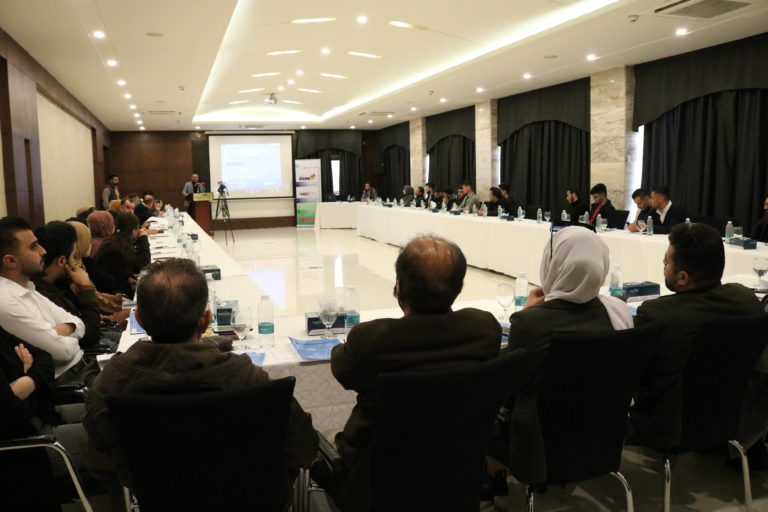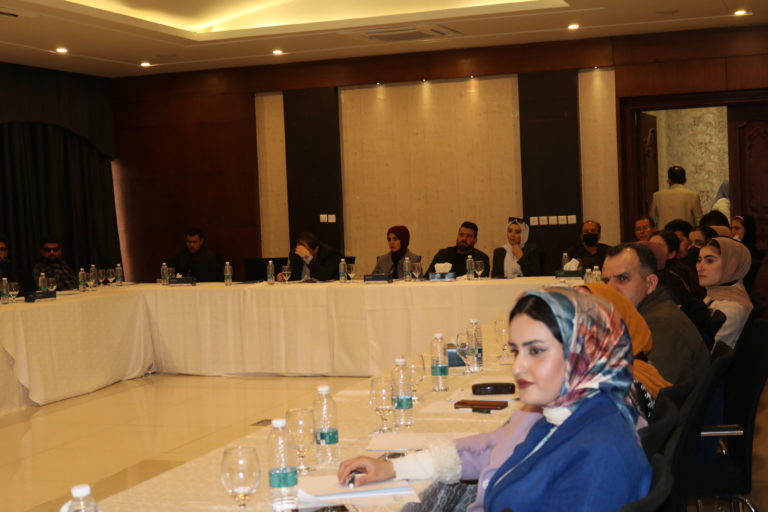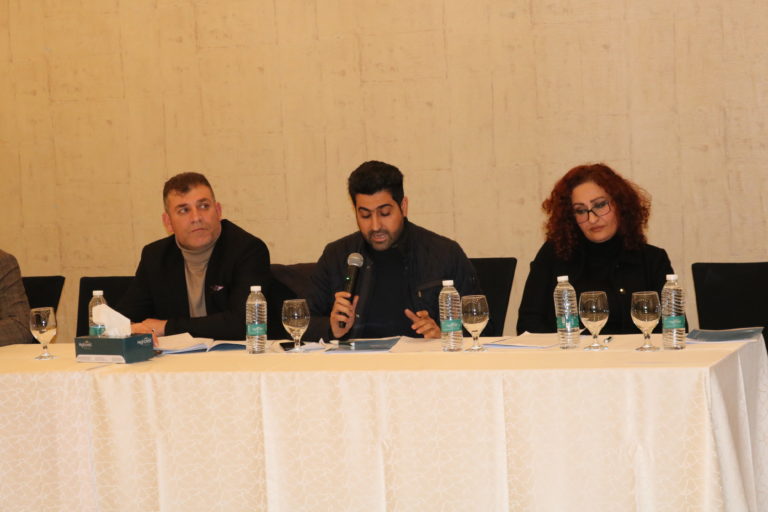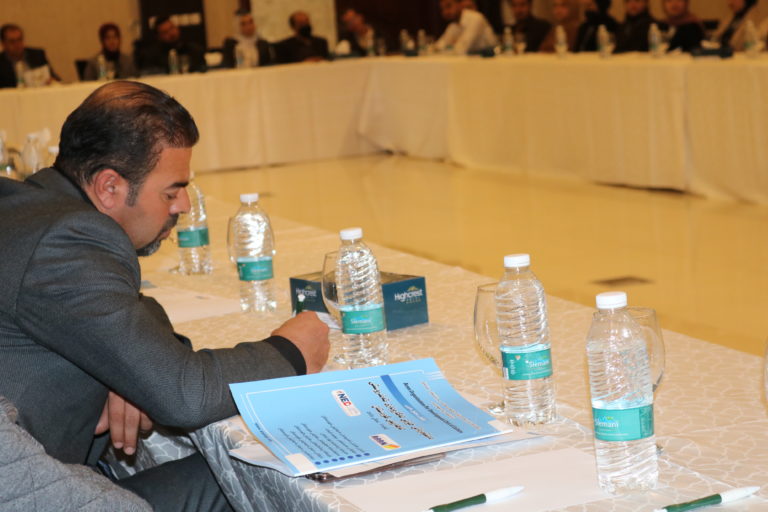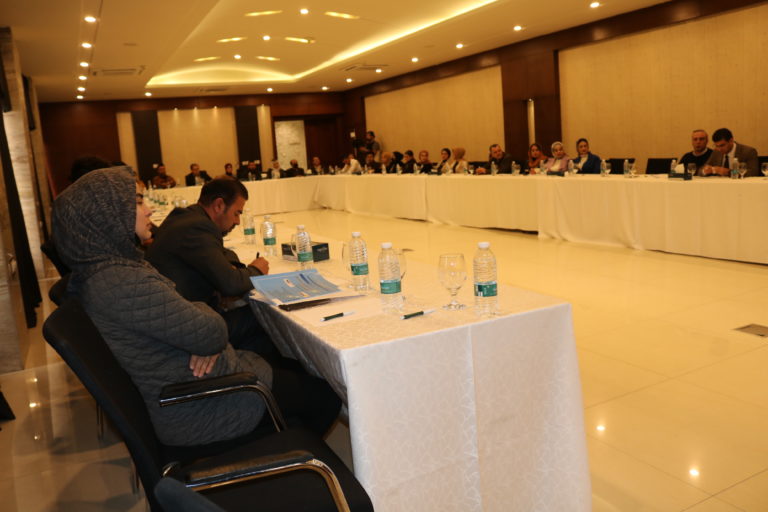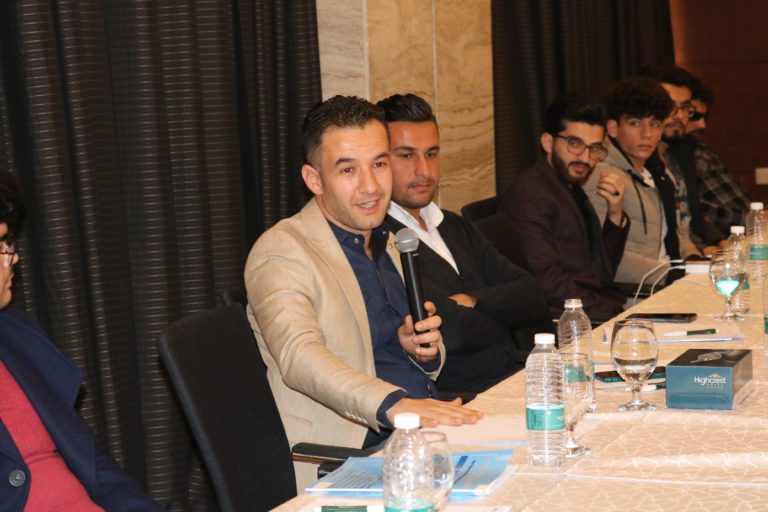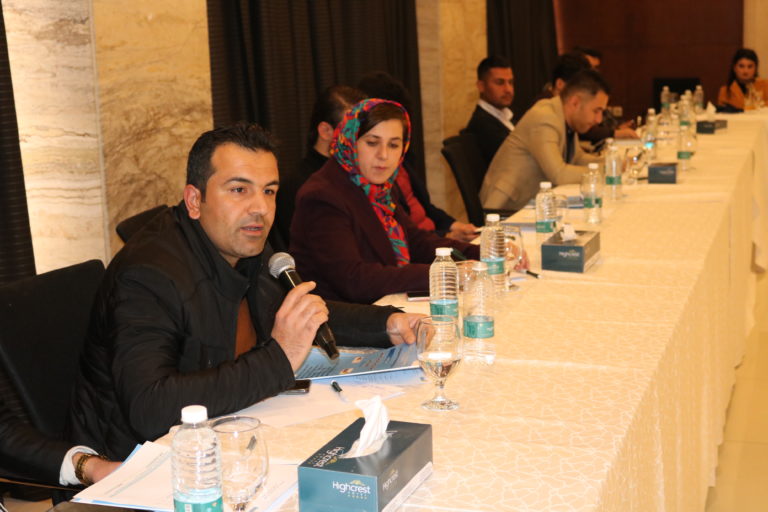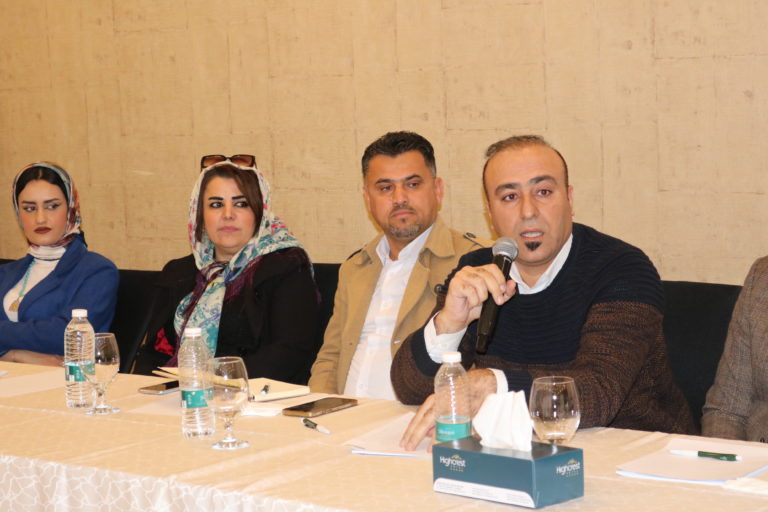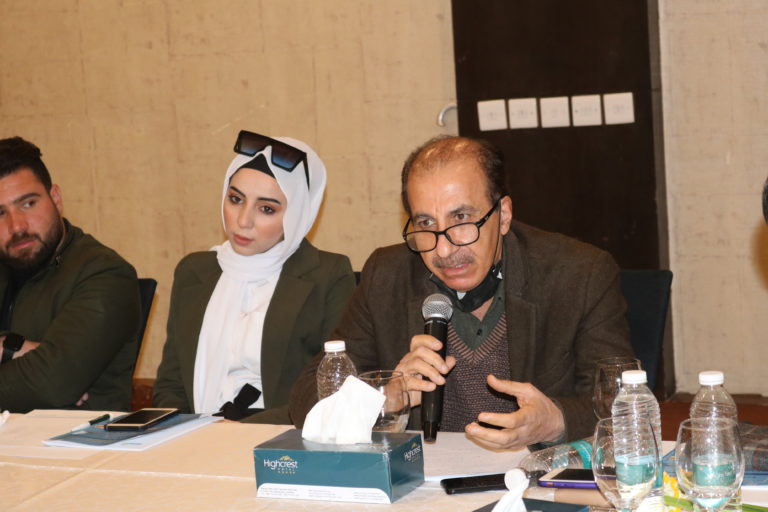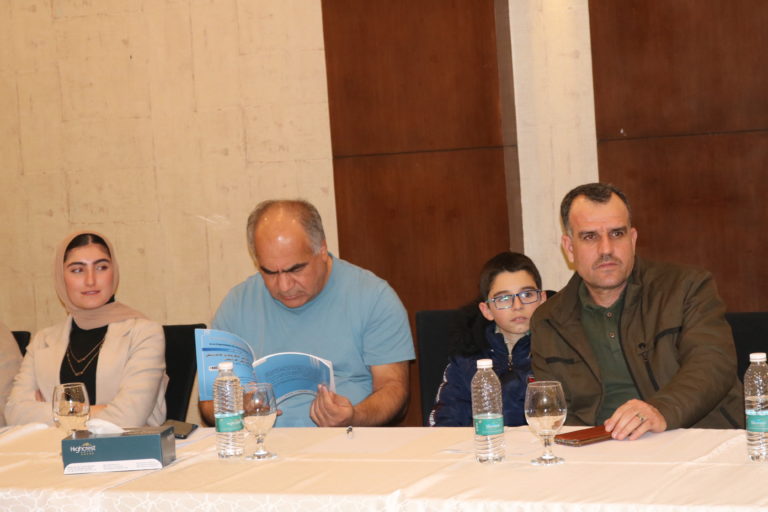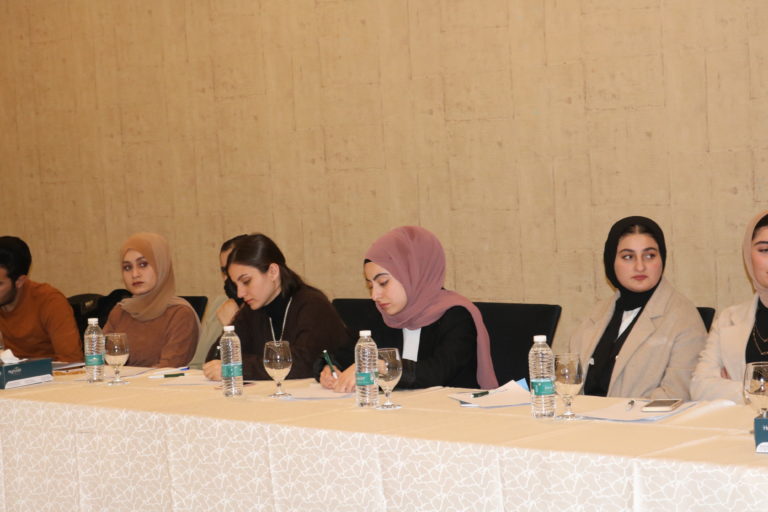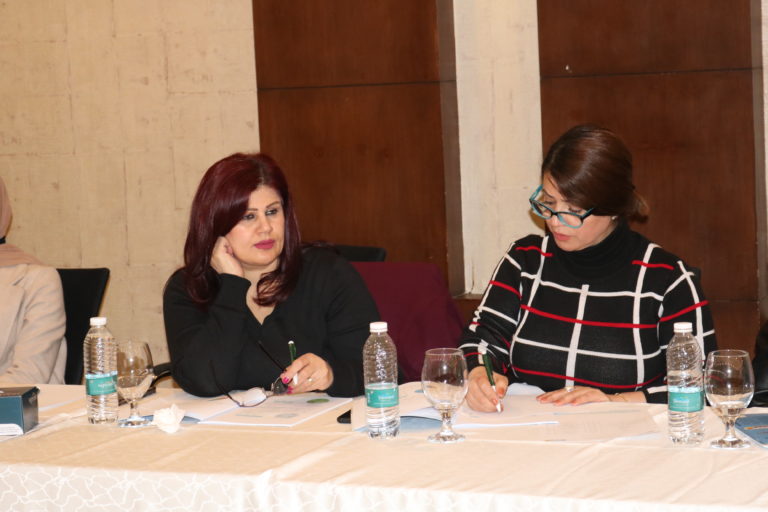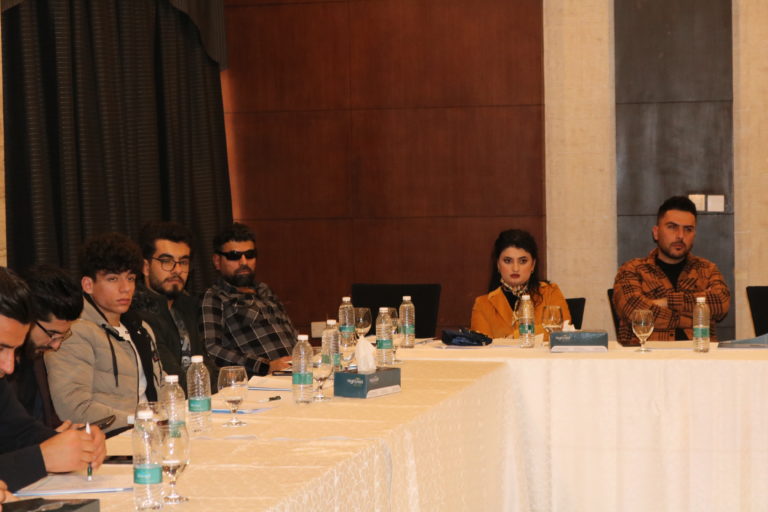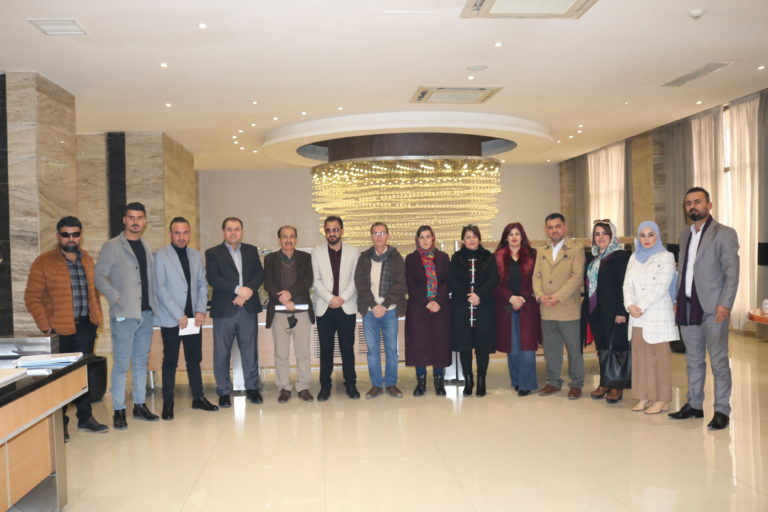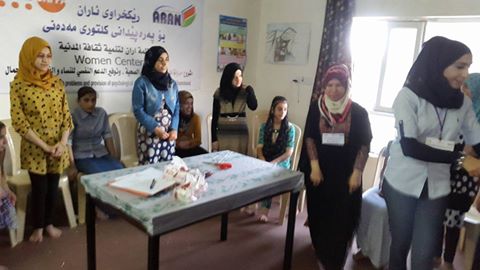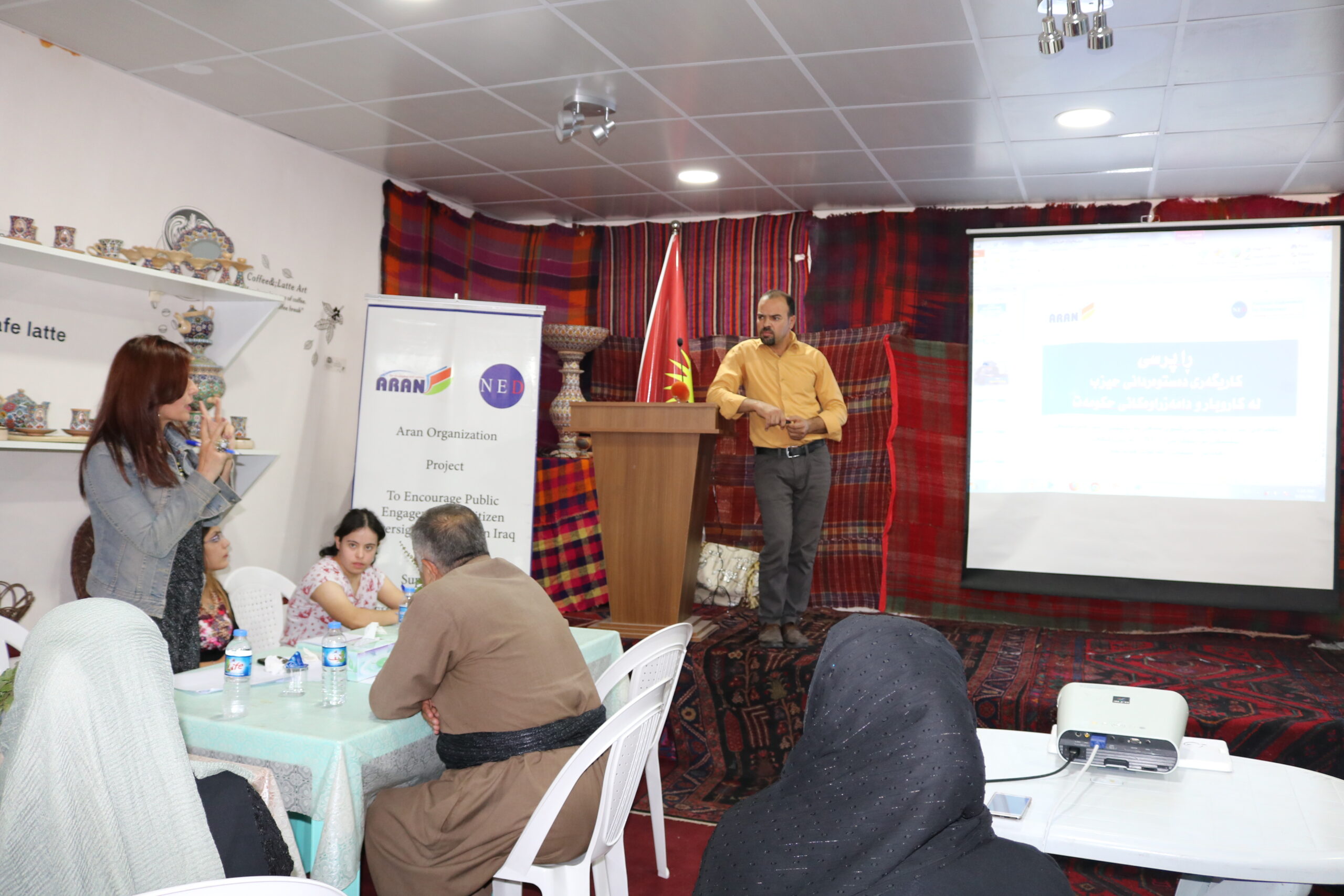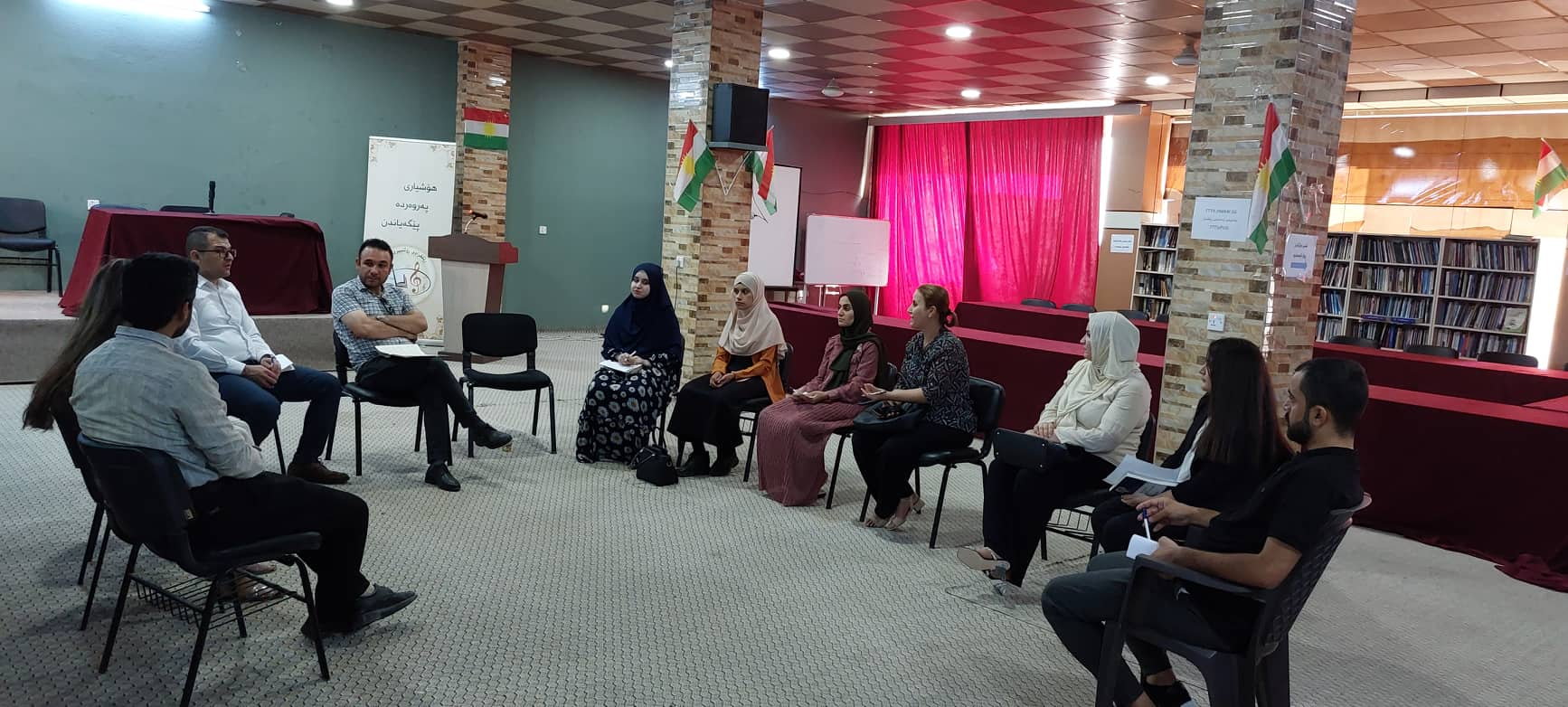The preparation of this investigative report on the deteriorating healthcare system in the Kurdistan Region of Iraq took 11 months and 15 days. The report, written in Kurdish, was published in February 2022. Below is a summary of its findings, presented in Arabic. The report sheds light on political party interference in healthcare, weakening the public sector to benefit the private sector.
Summary of the Report
The report focuses on the following topics:
- The Public Sector
- Privatization of the Public Sector under the Name of “Semi-Private”
- Private Clinics
- Private Hospitals
- Small Centers Run by Licensed Medical Assistants
- The Pharmaceutical Trade in the Kurdistan Region
- Pharmaceutical Manufacturing in the Kurdistan Region
Key Findings
Semi-Private System
According to the report, the Ministry of Health has privatized parts of the public healthcare sector, in violation of the Iraqi Constitution and the Ministry of Health Law. This privatization involves raising the prices of healthcare services in public hospitals under the guise of a “semi-private” system. The goal of this decision is to push citizens toward the private sector and private hospitals, many of which are owned by political party officials.
Currently, citizens in the Kurdistan Region face two options for accessing surgeries or MRI scans in public hospitals:
- Government-Supported Services: Patients must wait approximately three years for surgery or six months for an MRI.
- Semi-Private Services: Patients can receive the same surgery or MRI on the same day by paying out-of-pocket. These services use the same equipment, facilities, and staff funded by the government, yet are provided under the semi-private system.
The report reveals that, since 2014, more than 61% of services in public hospitals operate under the semi-private system. In the past year alone:
- Over 50,000 surgeries and 47,000 MRI scans were conducted in Sulaymaniyah and Duhok.
- In Sulaymaniyah, 67% of surgeries and MRIs were performed under the semi-private system, and in Duhok, 65% of services fell under the same system.
Health Experts’ Opinions
Health experts believe the Ministry of Health adopted the semi-private system to dismantle the publicly funded healthcare system, enabling political parties to profit from the healthcare sector.
Working Hours of Consultants
According to the report, consultant doctors are required to work 40 hours per week as per regulations. However, most doctors work less than 2 hours per day, amounting to fewer than 20 hours per week, without any accountability from the Ministry of Health.
Impact of Weakening the Public Sector
The report highlights the daily struggles caused by the weakened public healthcare system:
- Every day, 100,000 residents of the Kurdistan Region are forced to rely on private hospitals, clinics, and pharmacies operating in the black market for medical treatment.
- Annually, residents spend $3 billion in the black market on healthcare—more than half of the region’s annual income.
- Over the past 10 years, the Kurdistan Regional Government has spent $10 billion on the public healthcare sector, yet citizens still cannot access subsidized surgeries in a reasonable timeframe.
- In contrast, residents have spent $30 billion on private healthcare services during the same period due to the inadequacies of the public healthcare system.
The report underscores how political interference and systemic privatization have crippled the public healthcare system, placing an overwhelming financial burden on the residents of the Kurdistan Region.
